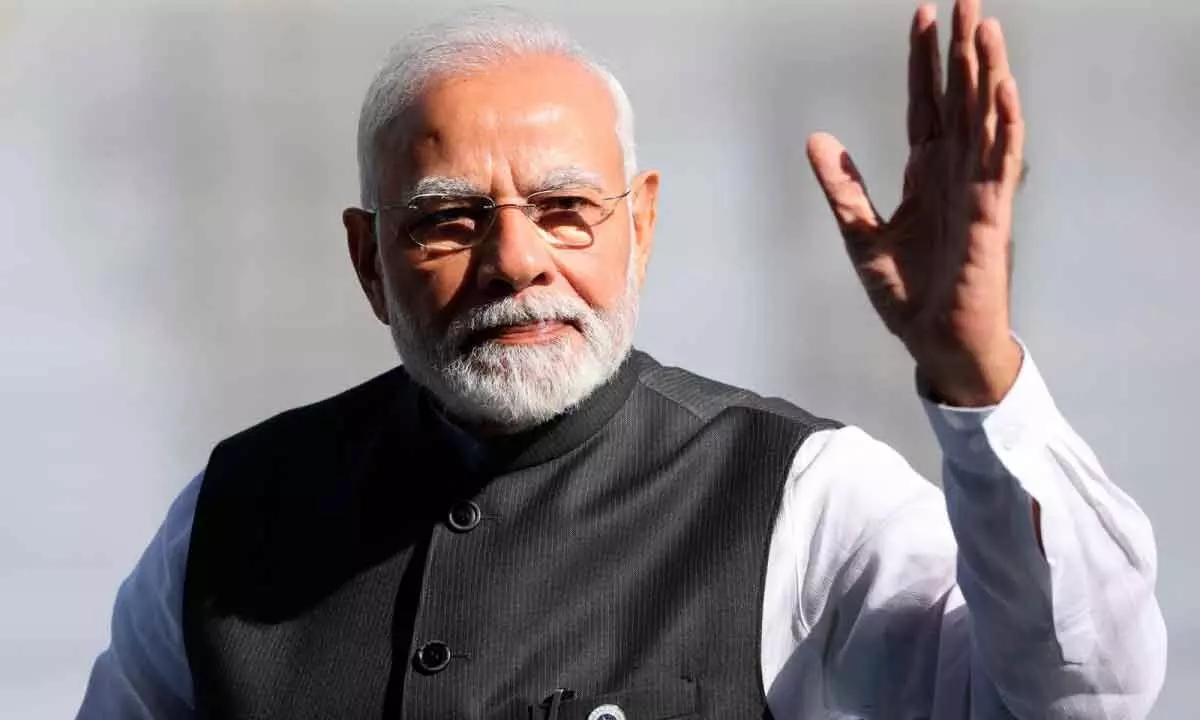The Prime Minister work with other Political Parties and Coalitions

The Prime Minister often works with other political parties and coalitions in a parliamentary system, especially in situations where their own party does not hold an outright majority in the legislature. Here's how the Prime Minister typically collaborates with other political parties and coalitions:
Coalition Building: In many parliamentary systems, the formation of a coalition government is necessary when no single party secures a majority of seats in the legislature. The Prime Minister may negotiate with other parties to form a coalition government, with each party contributing ministers to the cabinet and agreeing on a common policy agenda.
Minority Government: Alternatively, the Prime Minister may lead a minority government, where their party holds the most seats but falls short of an overall majority. In this case, the Prime Minister must negotiate with other parties on a case-by-case basis to secure support for government policies and legislative initiatives.
Cross-Party Collaboration: Even in situations where the Prime Minister's party holds a majority, they may still engage in cross-party collaboration to build consensus on important issues, pass legislation, and address national priorities. This may involve reaching out to opposition parties to seek their input, support, or cooperation on specific policy matters.
Policy Compromises: Working with other parties often requires the Prime Minister to make policy compromises and concessions to accommodate diverse interests and perspectives. They may need to find common ground on contentious issues, negotiate trade-offs, and adjust government policies to gain broader political support.
Parliamentary Alliances: The Prime Minister may form parliamentary alliances or informal partnerships with other parties to advance shared policy objectives, address common concerns, or secure passage of key legislation. These alliances may be temporary or longer-term, depending on the political dynamics and policy priorities.
Opposition Engagement: The Prime Minister may engage with opposition parties to foster constructive dialogue, address opposition concerns, and seek bipartisan support for government initiatives. While opposition parties may criticize government policies, the Prime Minister may still seek common ground on areas of mutual interest or national importance.
Confidence and Supply Agreements: In some cases, the Prime Minister may enter into confidence and supply agreements with other parties, where those parties agree to support the government on confidence motions (such as budgetary matters) and key legislative votes in exchange for certain policy concessions or commitments.
Negotiating Skills: Effective negotiation skills are crucial for the Prime Minister when working with other political parties and coalitions. They must be able to build trust, navigate political differences, and find mutually acceptable solutions to complex challenges in order to govern effectively and maintain stability.
Overall, the Prime Minister's ability to work with other political parties and coalitions is essential for building consensus, ensuring political stability, and advancing government policies and priorities in a parliamentary democracy.
Thank you,